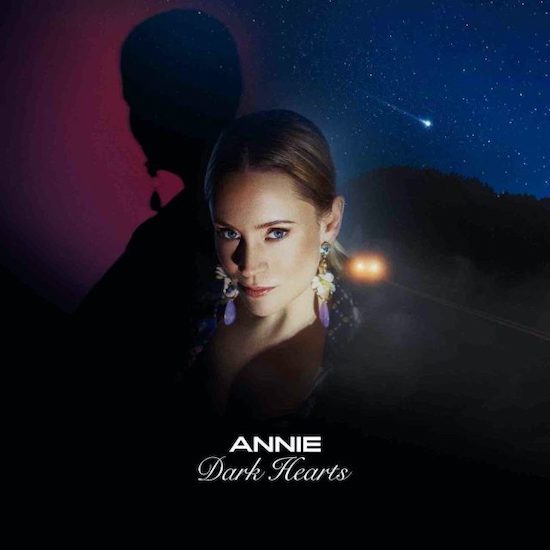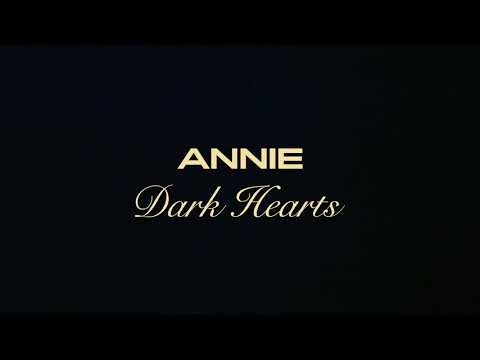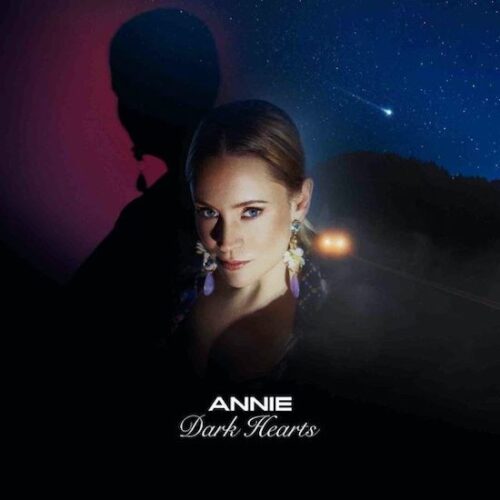It’s a bold move to release your first album in a decade in a year when promoting it is virtually impossible, and yet that’s what Annie has done. Though EPs and standalone singles have followed, Dark Hearts marks the Norwegian pop singer’s first full length album since 2009’s Don’t Stop.
But then this version of Annie is very different from the artist who only five years ago was still releasing electro pop songs meant for the dance floor. Dark Hearts marks an astute shift away from the energy of the clubs, focusing instead on hazy synth pop. Languid ballads run through the album and their production feats, led by the work of Stefan Storm, are best enjoyed on headphones. Tracks are built around gauzy layers of soft synths that form a cushy surrounding for Annie’s vocals, which have taken on an airy timbre to match these compositions. ‘Mermaid Dreams’ and ‘Corridors of Time’ feel like the antithesis of her earlier work, stretching out every beat beyond the logic of how time should work and extending her vocals in the process.
Along with making the single biggest stylistic leap of her career, Annie’s lyrics have also changed in tone. Where once she teased unnamed boys and delivered sassy kiss offs, Dark Hearts is full of longing and fatalism that feel in step with the fatigue, anxiety, and sorrow of the last few months (even though the songs themselves were developed over the last three years). “Time to go even though it hurts,” she sings on ‘Miracle Mile,’ inflecting the uneasy undercurrent of the album that makes many of the lyrics ambiguous as to whether they’re about heartache or death.
But it’s worked in so effortlessly as to catch you by surprise. It could be the bright synth pop colours or it could be Annie’s delicate but steady delivery that misdirects the sadness and longing in her lyrics. Even upbeat single ‘The Streets Where I Belong,’ which at first listen sounds like a nostalgia trip, reveals itself on subsequent listens to be more akin to what gets hashed out with a therapist.
Chances are that anyone anticipating this album has been drawn in by the singles like the beat-driven ‘The Bomb,’ which provides a late-burn connection to the rest of Annie’s catalogue. Or perhaps the thumping rhythm of ‘Dark Hearts’ would have drawn fans back while lyrics about broken homes and commitment issues connect them to her new direction. She hasn’t left dance music completely behind, but these tracks are the adrenaline rushes that punctuate the album instead of being indicative of its vibe. For all of Dark Hearts’ lyrical allusions to the past, Annie has definitely moved on.




